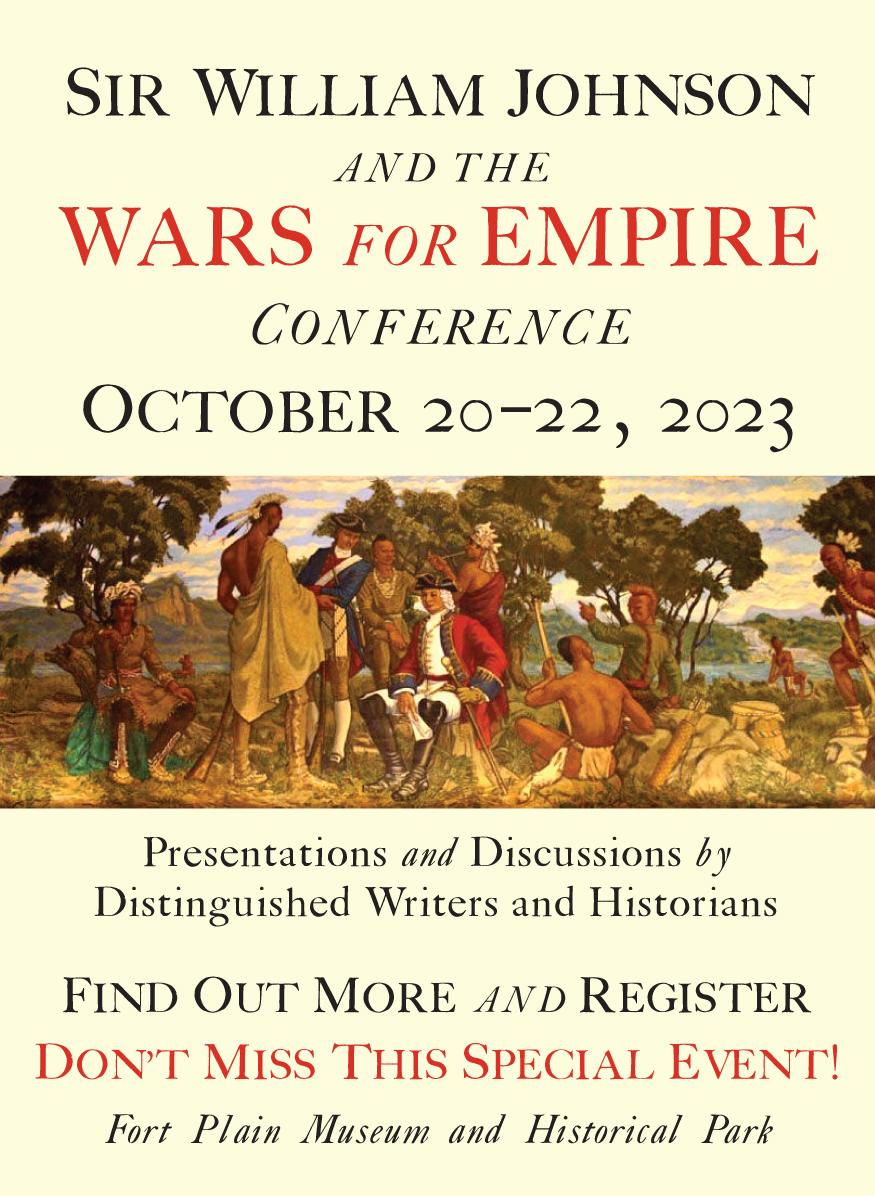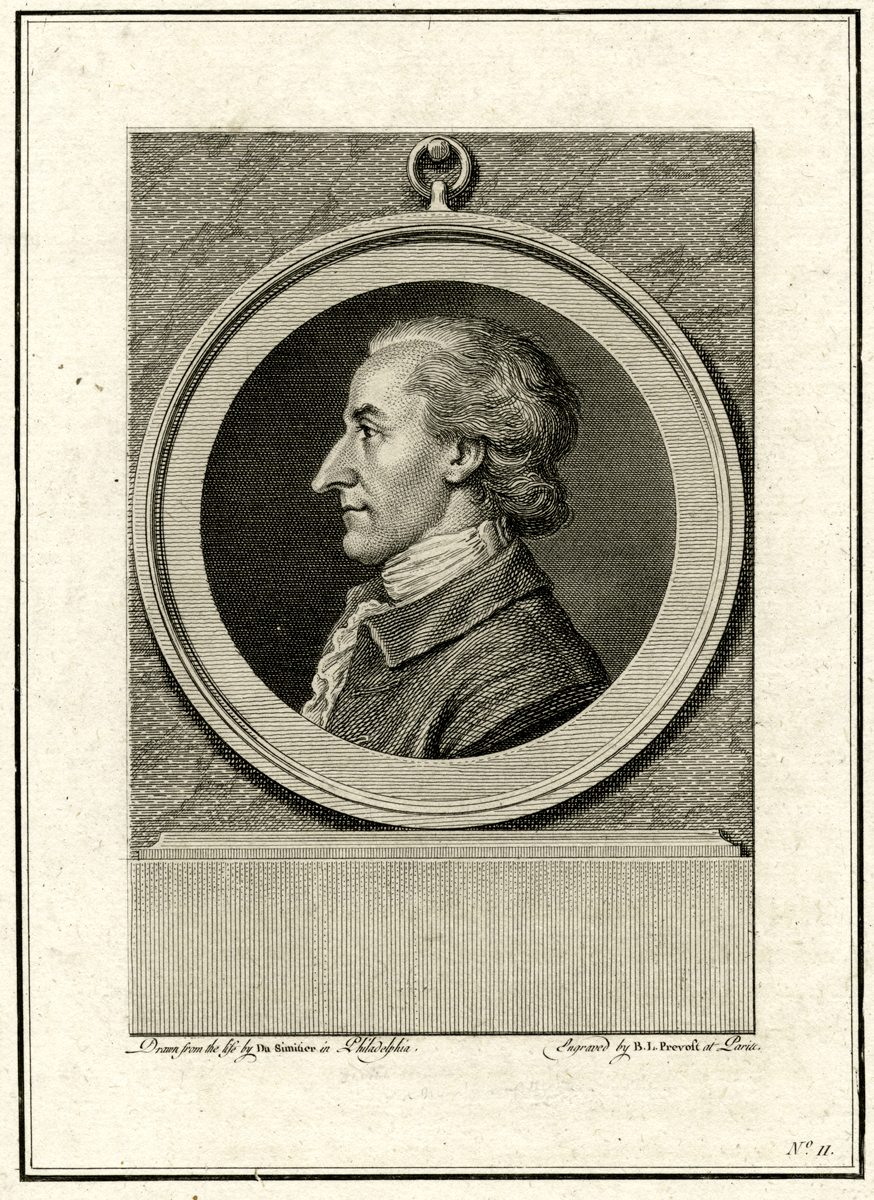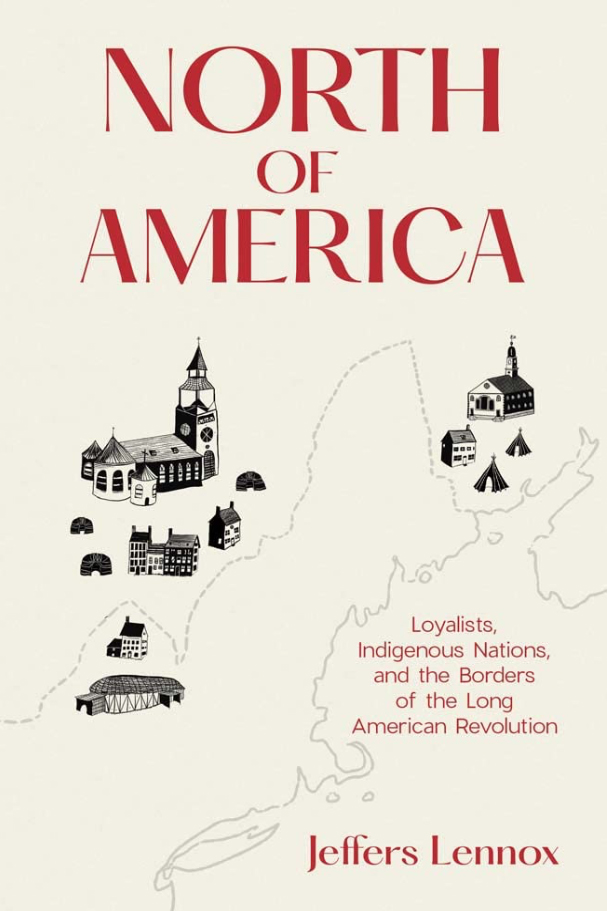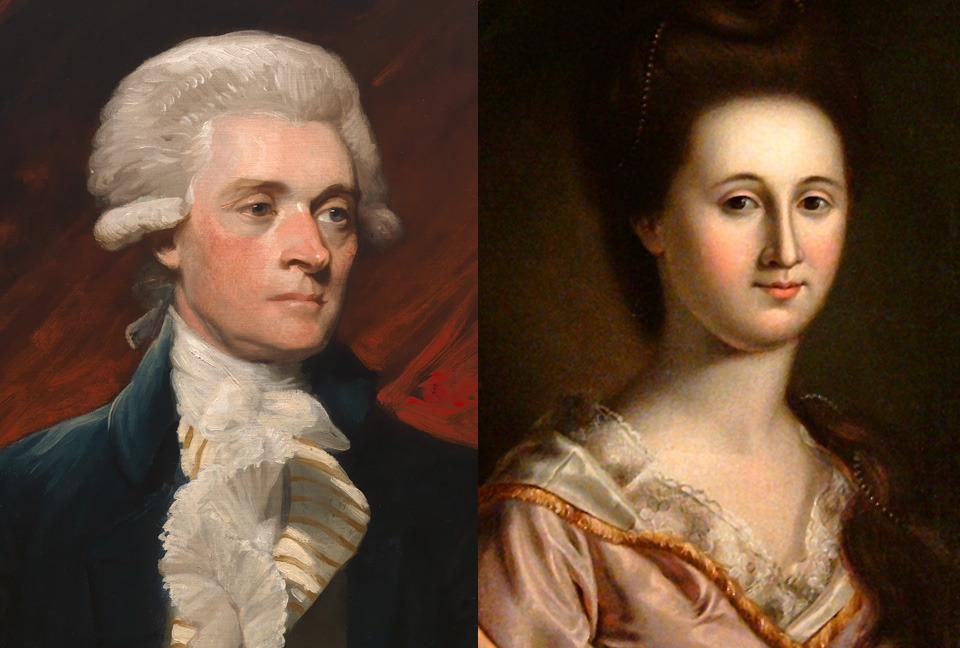In April of 1769, a party was held at James Burne’s house in Philadelphia at which forty-four toast were made. It was common practice that the first toast was to the King and Queen and those that followed were to favorite individuals of the Patriots or to those who represented the issues most front and center in their minds. On this day the first toast after the King and Queen was to the man whose birthday they were celebrating, Pasquale Paoli. What was surprising was not that Paoli was the first individual toasted after the King and Queen instead of someone like William Pitt, Lord Camden, Edmond Burke, John Wilkes or even John Adams, 1 but rather that Paoli and the people of Corsica were toasted six more times. Who was this man and why four months later was it written “that Mr. Wilkes in England; Dr. Lucas in Ireland; and Paschal Paoli in Corsica, are the three greatest Patriots in their respective Countries, that ever appeared in Contemporaries, in any Age of Nations?” 2 Paoli’s name was as well known in the colonies as any of the men that were toasted on that April night. Like John Wilkes in 1767, he was feted as if he were a Son of Liberty. Today, few Americans have ever heard his name and even fewer know his story – a story of courage, enlightened leadership, and unwavering resistance to tyranny. The following is his story – a story that emboldened many American colonists.
The Republic of Genoa controlled the island of Corsica almost exclusively from 1347 to 1755. In 1752 a rebellion, the third in twenty-five years, broke out; the Corsican leader of the rebellion was Jean Paul Gaffori. In October of 1753 the heroic Gaffori was assassinated. The Corsicans, not to be deterred, in 1754 called back to the homeland the son of their exiled 1738 rebel leader Gian’Pietru Paoli; his name was Pasquale Paoli. On July 17, 1755, at the age of thirty he was proclaimed Chief Executive Officer of the Nation and General of the Kingdom of Corsica. Within a year he and the Corsican people drew up a constitution that asserted national sovereignty and allowed for the election of a representative National Assembly. The body had the power to raise taxes, pass laws, declare wars and grant all citizens over the age of twenty-five, including women, the right to vote. The Assembly also elected a Supreme Council that served as the country’s executive authority. 3 Soon schools and a university at Corte were founded, the gazette Ragguagli dell’isola di Corsica went into print and land reforms were instituted. In 1765, James Boswell, after spending some time travelling throughout Europe, decided to visit Corsica. He possessed a letter of introduction to Paoli written on his behalf by Jean-Jacques Rousseau, a friend of Paoli’s and on whose theories in Du Contrat social the Corsican Constitution was based. In his work, An Account of Corsica, Boswell described Paoli:
The most extraordinary person I ever met with, he is above all praise … his person graceful, and his address extremely polite. He is learned in all the antient and modern languages, has a fund of knowledge that would astound you, and so happy a memory, that you can not quote any passage from any writer of reputation, which he is not able to go on with … his conversation at meals [is] instructive and entertaining. 4
In 1559, Genoa and France entered into the Treaty of Cateau-Chambresis; one of its provisions required each country to come to the other’s aid in time of conflict. In 1753, Genoa asked for French troops to assist in subduing the Corsicans. France declined. The reason given was that her troops could not become involved in any type of occupation when a conflict with England was brewing in North America, a conflict which became the Seven Years’ War.
In 1764 Genoa, unable to subdue the rebellion and aware that the war in North America had come to an end, again requested assistance from France. On August 7 Genoa and France signed a secret treaty at Compiegne that promised French military aid for four years in return for leases to the Corsican seaports of Ajaccio, Algajola, Bastia, Calvi, and St. Florent. Paoli and the Corsicans were under the impression that the French forces were only going to serve as peacekeepers and then depart after four years. The Corsicans, in a show of support and sovereignty, renewed their commitment to independence and to Paoli:
We have sworn, and we call upon God to witness, that we will all of us sooner die, then enter into any negotiations with the Republic of Genoa, or return under its yoke. If the powers of Europe, and the French in particular, withhold their compassion from an unhappy people, and should arm themselves against us, and contrive our total destruction, we will repel force by force; we will fight like desperate men, determined either to conquer or die. 5
On May 15, 1768, after fourteen years of unsuccessfully battling the rebellious Corsicans, Genoa ceded the island to France; in return she received a loan of two million pounds and the return of the island of Capraja. In 1767, Paoli had sent Corsican troops to the island of Capraja, which lay about halfway between Corsica and the Italian mainland, to assist the inhabitants in their efforts to gain their independence from Genoa. The Republic needed the island; it was a source of protection for their trading voyages to and from the eastern Mediterranean. After learning of the “exchange,” Paoli called for a Consulta on May 22, 1768 at which he declared that he did not know who the Corsicans should detest more, those who had sold them or those who had bought them.
With the France controlling all of Corsica’s seaports, there was little resistance one month later when the French began landing troops. Paoli now had a more powerful enemy to combat. Having lost significant claims in North America in the Seven Years’ War and with England controlling Gibraltar, the King of France had no intentions of letting Corsica be an independent, democratic colony in the Mediterranean. In a dispatch from London dated August 12, 1768 when Paoli was asked how long he would hold out, he replied “Till Death, for life is not worth the keeping, unless we can preserve too our Liberty.” 6
Paoli was held in high esteem by many leaders and thinkers of his time, including William Pitt, Edmund Burke, Dr. Samuel Johnson, Catharine Macaulay, David Hume, Rousseau, Voltaire, Grand Duke Leopold of Tuscany, the Prince Stadholder, and Catherine the Great. William Pitt called him “a hero out of Plutarch,” and King Frederick the Great of Prussia called him “the greatest Hero of the Age.” The Sons of Liberty went so far as to address William Molineaux as “Paoli Molineaux.” Between 1766 and 1769, from the repeal of the Stamp Act through the Townshend Acts, Paoli and his Corsicans were toasted from one end of the colonies to the other and were omnipresent in the Philadelphia newspapers. James Boswell’s book An Account of Corsica: The Journal of a Tour to that Island; and Memoirs of Pascal Paoli was published in 1768. 7 The first 3,500 copies sold out within six weeks; within a year it was reprinted two more times, again with 3,500 copies per publication. The Pennsylvania Gazette printed articles about Paoli’s fight for an independent Corsica on a weekly basis between 1766 and 1769 and was not reticent to claim that secret aid was being provided to Paoli from Holland (several hundred barrels of gunpowder, thirty brass field pieces and a significant number of muskets),8 from Sardinia and Italy (soldiers), 9 from England (50,000 Venetian gold coins called Sequins, and a great quantity of Arms and other stores),10 and from Prussia (“16 Prussian officers, having in the course of the last three months, joined the army under General Paoli as volunteers, four of them belong to the train of artillery”). 11 Edmund Burke in the House of Commons expressed his disgust with the limited support England was giving to Paoli, saying it was
the incomprehensible wisdom of our ministry, to draw the French into Corsica, to see their armies slaughtered, and their revenues wasted in unprofitable attempts upon rocky coasts, uncultivated woods and barren mountains … But others may differ in their opinions. Though Corsica by itself … is a fort of nothing, when plucked from the heart of Europe, to be incorporated into France, it becomes a serious object: What in the hands of the Genoese was a feather, in the hands of the French will be a sword. 12
Unfortunately, it was not enough. On May 19, 1769, at Ponte-Nuvo, 537 Corsicans, the last of Paoli’s army, were surrounded by 4,000 French soldiers. 13 Resolved to die with their arms in their hands, they cut their way through the French line at night, reached the coast and boarded an English vessel at Porto Vecchio; on June 16, they landed at Leghorn, Italy. Some of his men stayed in Tuscany, others enlisted in the service of the King of Sardinia and still others went to Minorca. Paoli, his homeland subjugated, was forced into exile. He was offered refuge in two countries, England and Russia. He chose England and on September 21, 1769 arrived in London.
Between 1774 and 1789, the Corsicans would again rebel, this time against the repressive French authority. They claimed that only Frenchmen were employed in important government administration, trade monopolies were awarded to French merchant houses, high custom duties stifled Corsican trade and the large landed estates recently created curtailed their traditional mountain agriculture.
The Philadelphia newspapers, specifically the Pennsylvania Gazette, closely followed the struggles of Paoli. The first mention of the Corsican struggle for independence appeared in 1763; after the French-Genoese Treaty of Compiegne, articles began to appear more frequently. For the next six years the only time when the struggle was not in the news was between May of 1765 and April of 1766, in other words, during the Stamp Act crisis. The Pennsylvania Gazette printed more than 650 items and the Pennsylvania Journal 500 items between 1763 and 1770. In 1768, the New York Journal described Paoli as “the greatest man on earth.” The reason Boswell’s book sold so well in 1768 was because the newspapers in Philadelphia had made Paoli a household name. Paoli appealed as a hero to the colonists because he was willing to fight for liberty at the risk of his life. The Sons of Liberty during celebrations toasted his name: ”Success to General Paoli and the Brave Corsicans,” “Success to the uncorrupted patriot General Paoli, and the Brave Corsicans,” “May Paoli meet with equal Renown, but a happier Fate than the Younger Brutus,” “To Paschal Paoli and his brave Corsicans,” “May Corsican Virtue prevail over French Policy,” “The Spirit of Paoli to every American,” and “May the Attempts of France upon Corsica meet with the same Fate as those of Persia upon Greece – repulsed with Shame.” 14
It did not take long for some in Europe to likewise see the analogy between the conflict in Corsica and the conflict in the American colonies. In a letter from a gentleman in Paris to a gentleman in London it was pointed out:
You English consider us French as enemies to Liberty; You reproach us for endeavoring to reduce Corsica to our obedience, and say that if we heard of a freeman on the other side of the globe, you suppose we should hasten thither to make a slave of him. How easy it is for men to see the faults of others, while blind to their own! The Corsicans are not so remote from us as the Americans are from you; they never enriched us with their labour of their commerce; they never engaged in our wars, and fought as brothers, side by side, with us, and for us, bleeding in the same cause; they never loved and honoured us; they are not our children. But all of this your American colonies have been and are to you. Yet at this very moment, while you are abusing us for attempting to reduce the Corsicans, you yourselves are about to make slaves of a much greater number of those British-Americans; depriving them of their property, by the authority of your laws; taking away the rights of giving their own money; arbitrarily dissolving their Parliaments, and dragooning their citizens. In short, you appear to have no idea of liberty, or real desire to see it flourish and increase. 15
Benjamin Franklin drew a similar comparison in 1768 while serving as the colonial agent for Pennsylvania in London:
A horrible Spectacle to Men and Angels is now to be exhibited on the State of this Globe. Two great and powerful Nations are employing their Forces in the Destruction of Civil Liberty! That heavenly Blessing, without which Mankind lose Half their Dignity and Value, one is oppressing and enslaving a handful of Men the last brave Assertors of it within the Bounds of the old Roman Commonwealth; the other crushing in its infancy, the first Appearance of it in the Western World. The former seems to have lost sight of its antient Name and State, Franks from the Freedom it once enjoy’d; the latter while it boasts of enjoying Freedom itself, would ruin others for vindicating their common Right to it. The first is acting a cruel, a mean and unmanly Part, thus to use its vastly superior Force against People so unable to resist it; but is however more excusable than the latter as the People to be oppress’d and enslav’d are NOT her own people. 16
With respect and admiration, Paoli’s name was appropriated in a number of different ways. John Hancock named one of his ships after the great leader. 17 Ebenezer Mackintosh, the leader of the Boston South Enders, one of the groups that would evolve into the Boston Sons of Liberty, named his new-born son Pascal Paoli Mackintosh. 18 Two Philadelphian merchants, Hudson and Thompson, added the image of Paoli to their linen handkerchiefs along side John Wilkes, maps and landscape scenes. 19 In 1773, the New York Battalion of the Independent Foot Company was organized; it took the name of “Corsicans.”
In 1769, Joshua Evans opened a tavern at the intersection of the Lancaster, Newton, Darby, and Chester roads outside of Philadelphia. Five years later, the tavern became known as the “Sign of Paoli.” 20 In September 1777 an understrength American division under Gen. Anthony Wayne encamped nearby. They were attacked in the night by a British brigade led by Maj. Gen. Charles Gray; to insure surprise, the British removed the flints from their muskets and used only bayonets. The American suffered to 272 killed, wounded, missing, and taken prisoner. Because of the devastation caused by the British bayonets the battle became known as the “Paoli Massacre.” 21 Today it is the reason that most people associate the name Paoli with the American Revolution.
After he went into exile, little was written about Paoli in the colonial newspapers. His effect, however, resonated in people like Patrick Henry, James Otis, Sam Adams, George Mason and the Sons of Liberty. Paoli showed the American colonists that liberty had a price; it was now up to them to decide if they were willing to pay it.
A Historical Aside: Carlo Maria Buonaparte, the father of Napoleon, served as Pasquale Paoli’s secretary and personal assistant.
1 Pennsylvania Gazette, April 13, 1769.
2 Pennsylvania Gazette, August 10, 1769.
3 “Corsica Boswell,” E. S. Shuckburgh in Living Age, 5th Series (1892), 80:606.
4 Pennsylvania Gazette, January 29, 1767; Frank Brady and Frederick A. Pottle, eds., Boswell on Grand Tour (New York: McGraw-Hill, 1956), 162.
5 Pennsylvania Gazette, February 21, 1765; also reprinted in the Pennsylvania Gazette, October 6, 1768.
6 Pennsylvania Gazette, May 5, 1768.
7 James Boswell, An Account of Corsica: The Journal of a Tour to that Island; and Memoirs of Pascal Paoli (London: Edward and Charles Dilly, 1768).
8 Pennsylvania Gazette, March 5, 1767.
9 Ibid., January 26, 1769; March 9, 1769; June 8, 1769.
10 Ibid., August 3, 1769.
11 Ibid., July 17, 1766.
12 Ibid., February 2, 1769.
13 Massachusetts-Gazette and Boston New-Letter, September 28, 1769.
14 Pennsylvania Journal, March 31, 1768; Pennsylvania Gazette, March 23, 1769; Ibid., June 23, 1769; Ibid., April 13, 1769.
15 Ibid., April 20, 1769.
16 Verner W. Crane, Benjamin Franklin’s Letters to the Press (Chapel Hill: University of North Carolina Press, 1950), 160.
17 Rachel Jirka, Historic Ships’ Records, 1662-1980 (Salem, MA: Peabody Essex Museum – Phillips Library, 2009), Manuscript 259, Box 12.
18 Arthur M. Schlesinger, “Patriotism Names the Baby,” New England Quarterly, 14:4 (1941), 613.
19 Pennsylvania Gazette, September 4, 1769.
20 The United States Dictionary of Places (New York, NY; Somerset Publishers, 1988), 432.
21 J. Smith Futhey, “The Massacre of Paoli,” Pennsylvania Magazine of History and Biography (Philadelphia: Publication of Historical Society of Pennsylvania, 1877), 1:285-319.














2 Comments
This is an interesting commentary on a subject I have been studying for a long time. What I wish to know, at this moment, is what reliable material you would recommend to me about John Hancok, especially in 1769, probably the peak of his admiration he expressed for Pascal Paoli
To follow my previous laudatory comment, I would like to know if you could inform me about the pages, in the articles you mention, in your essay on “Paoli: Hero of the Sons of Liberty” and if the copies of The Pennsylvania Gazette are available online, so that I could quote them in a possible lecture about James Boswell’s fame in the Colonies, in the 1760s.